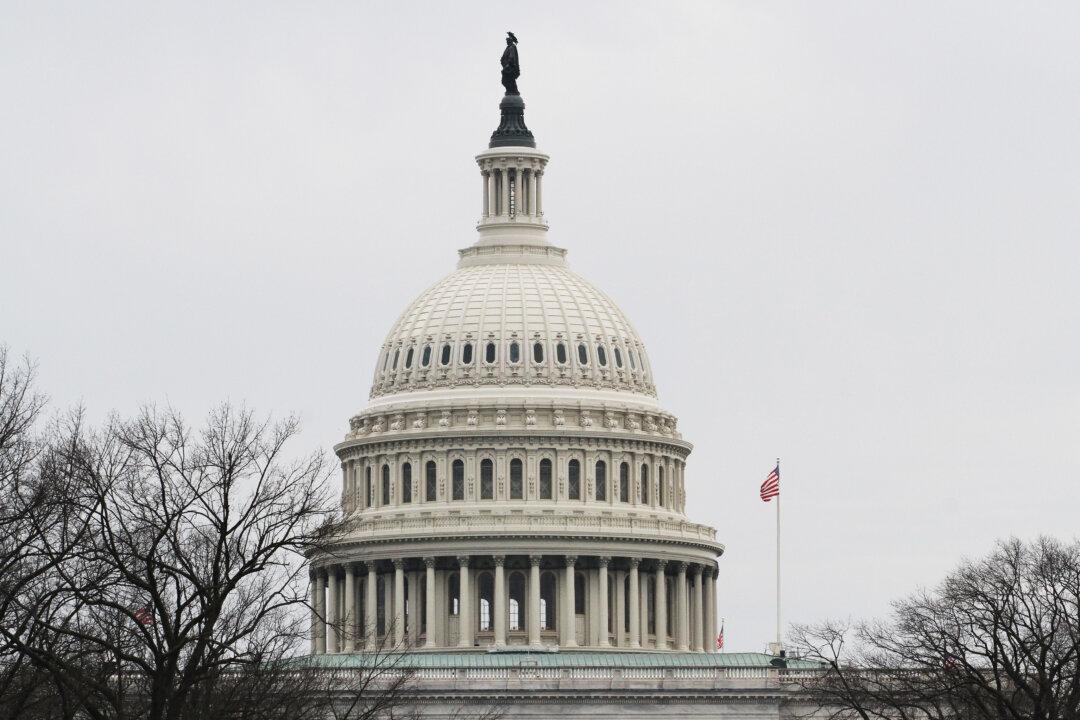The House passed a bill, 403-6, on April 17 to hold China accountable for violating U.S. airspace.
Two Republicans and four Democrats voted against the bill, which was introduced on Feb. 24 by Rep. Gregory Meeks (D-N.Y.), the ranking member of the House Foreign Affairs Committee.





